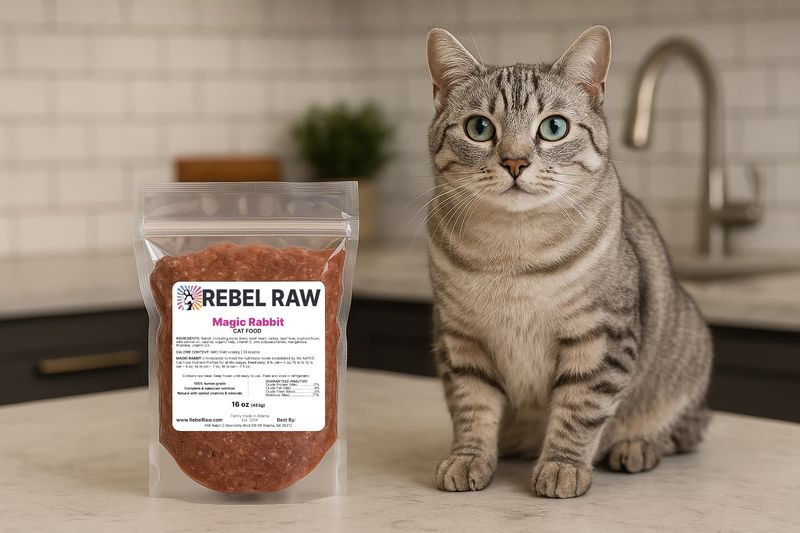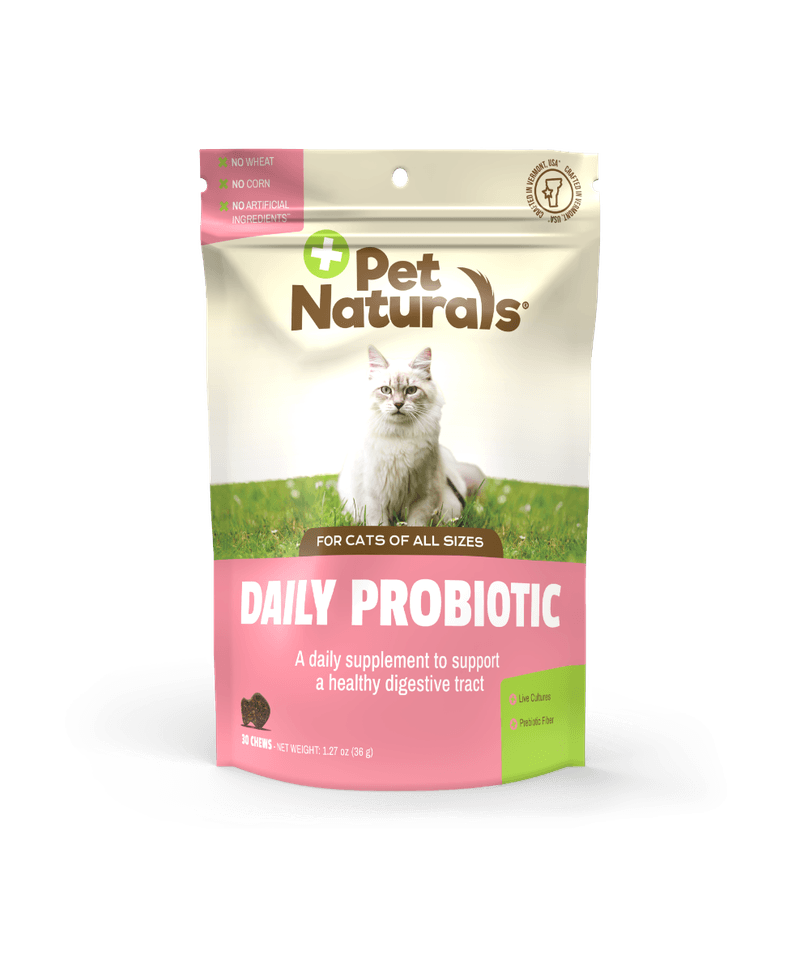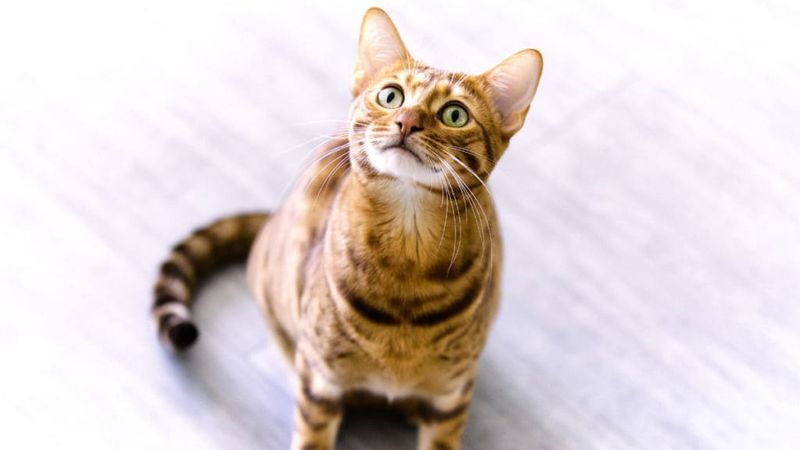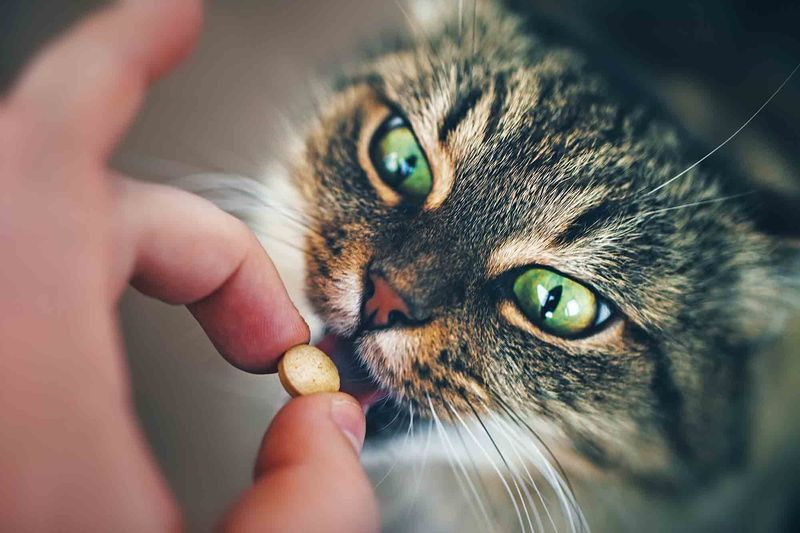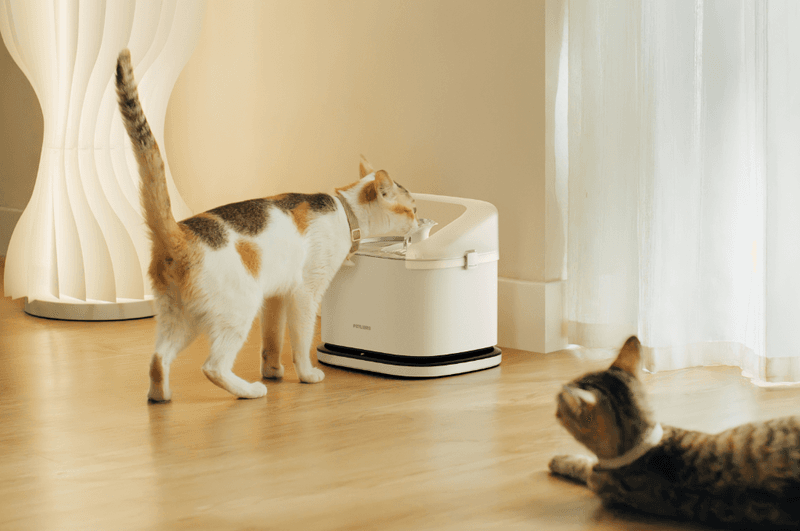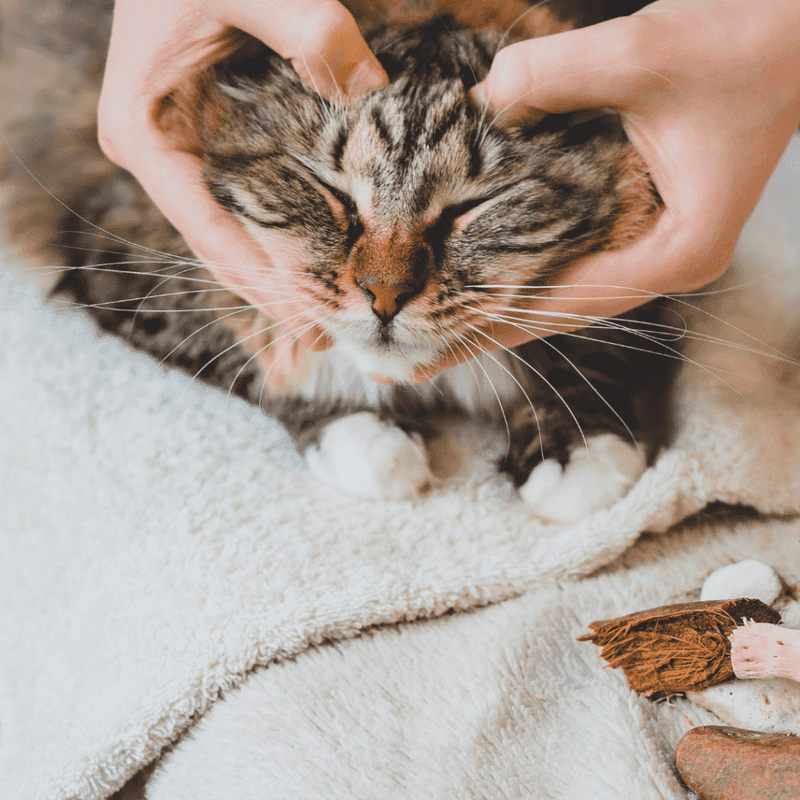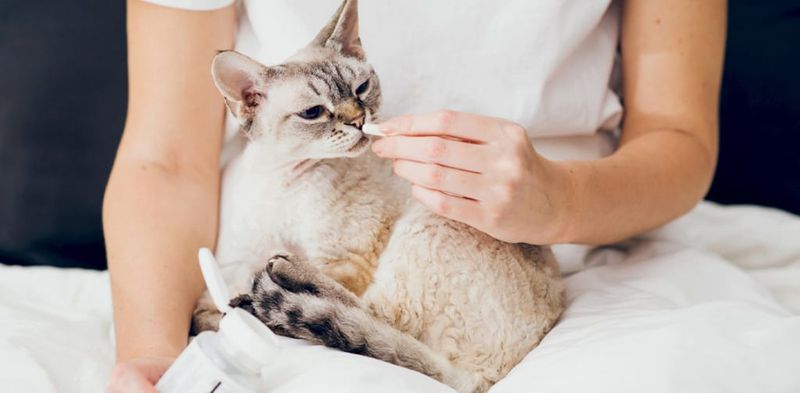📖 Table of Content:
A healthy gut isn’t just important for humans — it’s just as vital for our feline companions. Your cat’s digestive system plays a crucial role in nutrient absorption, immune defense, and even mood regulation. Ensuring their microbiome stays balanced can have a major impact on their overall health and happiness.
In recent years, research has highlighted how a thriving community of gut bacteria supports everything from digestion to disease resistance in cats. However, maintaining that delicate ecosystem requires more than simply offering any standard pet food. Small, mindful choices you make daily can foster a more robust, resilient microbiome for your furry friend.
This guide will walk you through seven essential strategies to enhance your cat’s gut health naturally and effectively. From feeding techniques to lifestyle tips, each suggestion is designed to help you build a strong foundation for your cat’s well-being — from the inside out.
1. Feed a High-Quality, Species-Appropriate Diet
Choosing the right diet is one of the most powerful tools for supporting your cat’s gut health. A species-appropriate diet focuses on providing the high-protein, meat-rich foods that mirror what cats would naturally consume. Unlike processed foods heavy in carbohydrates and fillers, a proper diet nourishes the microbiome and keeps digestion smooth. Always read ingredient labels carefully to avoid additives like artificial preservatives or grains that can disrupt gut flora. Fresh, minimally processed options, whether wet, raw, or gently cooked, are usually best. Remember, nutrition is the first line of defense for a healthy gut. When in doubt, consult your veterinarian for food recommendations tailored to your cat’s specific needs.
2. Incorporate Probiotics
Introducing beneficial bacteria through probiotics can make a noticeable difference in your cat’s digestive health. While some cat foods now include probiotics, targeted supplements often deliver a more effective dose. It’s important to choose a product specially formulated for cats, as their gut environments differ from humans and dogs. Consistency is key — adding probiotics daily can help strengthen the microbiome over time. If your cat has recently taken antibiotics, probiotic support becomes even more critical to restore balance. You can find options in powder, capsule, or even treat form to suit your cat’s preferences. Giving the gut reinforcements it needs can lead to more energy, better stool quality, and even improved mood.
3. Add Prebiotic Fiber
Supporting the existing beneficial bacteria involves feeding them the right kind of fuel — and that’s where prebiotic fibers come in. Ingredients like pumpkin, chicory root, and inulin offer excellent sources of gentle fibers cats can tolerate. Unlike probiotics, which add new bacteria, prebiotics nourish the helpful microbes already living in the gut. Small amounts mixed into meals can work wonders without overwhelming sensitive stomachs. Natural sources are often safer and better accepted than heavily processed fiber supplements. A balanced combination of prebiotics and probiotics, often called synbiotics, can further amplify benefits. Always introduce new fibers slowly to prevent upsetting your cat’s digestion.
4. Avoid Overuse of Antibiotics
Preventing unnecessary antibiotic use is crucial for preserving the delicate balance of your cat’s microbiome. While antibiotics are sometimes lifesaving, they can also decimate the population of good bacteria in the gut. Whenever your vet prescribes antibiotics, ask if alternative treatments are available or if probiotics should be used alongside. Over time, frequent antibiotic courses without microbiome support can lead to chronic digestive issues and weakened immunity. Responsible use helps prevent resistant bacterial strains from emerging as well. By prioritizing gut health even during illness, you give your cat a stronger base for long-term resilience. Open conversations with your vet are your best ally here.
5. Provide Fresh, Clean Water Daily
Ensuring your cat always has access to fresh water may seem simple but plays a surprisingly big role in gut health. Proper hydration supports healthy digestion, nutrient transport, and a resilient gut lining. Some cats are notoriously finicky about drinking enough, so investing in a water fountain can encourage better habits. Regularly changing and cleaning the water bowl prevents bacterial buildup that could negatively affect the microbiome. Flavoring the water lightly with bone broth (unsalted) can also entice reluctant drinkers. Dehydration can slow down digestion and make gastrointestinal problems worse, so it’s worth paying extra attention here. Even small improvements in water intake can have a ripple effect on overall gut function.
6. Manage Stress and Anxiety
Reducing stress isn’t just about making your cat feel comfortable — it’s essential for a healthy gut. Chronic stress can trigger inflammation, alter gut bacteria composition, and even lead to digestive problems like diarrhea. Enrich your cat’s environment with cozy hiding spots, perches, and interactive play sessions to foster a sense of security. Pheromone diffusers or calming supplements may also help cats prone to anxiety. Daily routines and consistent affection strengthen trust and minimize emotional strain. Recognizing early signs of stress allows you to intervene before it impacts health. A relaxed, content cat will naturally maintain a more balanced and diverse microbiome.
7. Schedule Regular Veterinary Checkups
Committing to regular veterinary visits can catch potential gut health issues before they escalate into bigger problems. Wellness exams allow vets to monitor weight, stool quality, and other subtle signs of digestive imbalance. Routine fecal screenings can uncover hidden parasites or infections that disrupt the microbiome. Discussing your cat’s diet, supplements, and lifestyle with a professional ensures you’re making the best choices. Early intervention for minor concerns can prevent major disruptions to gut health later on. Remember that even indoor cats benefit from annual or biannual exams. Taking a proactive approach keeps your cat’s digestive system running smoothly and their whole body thriving.

